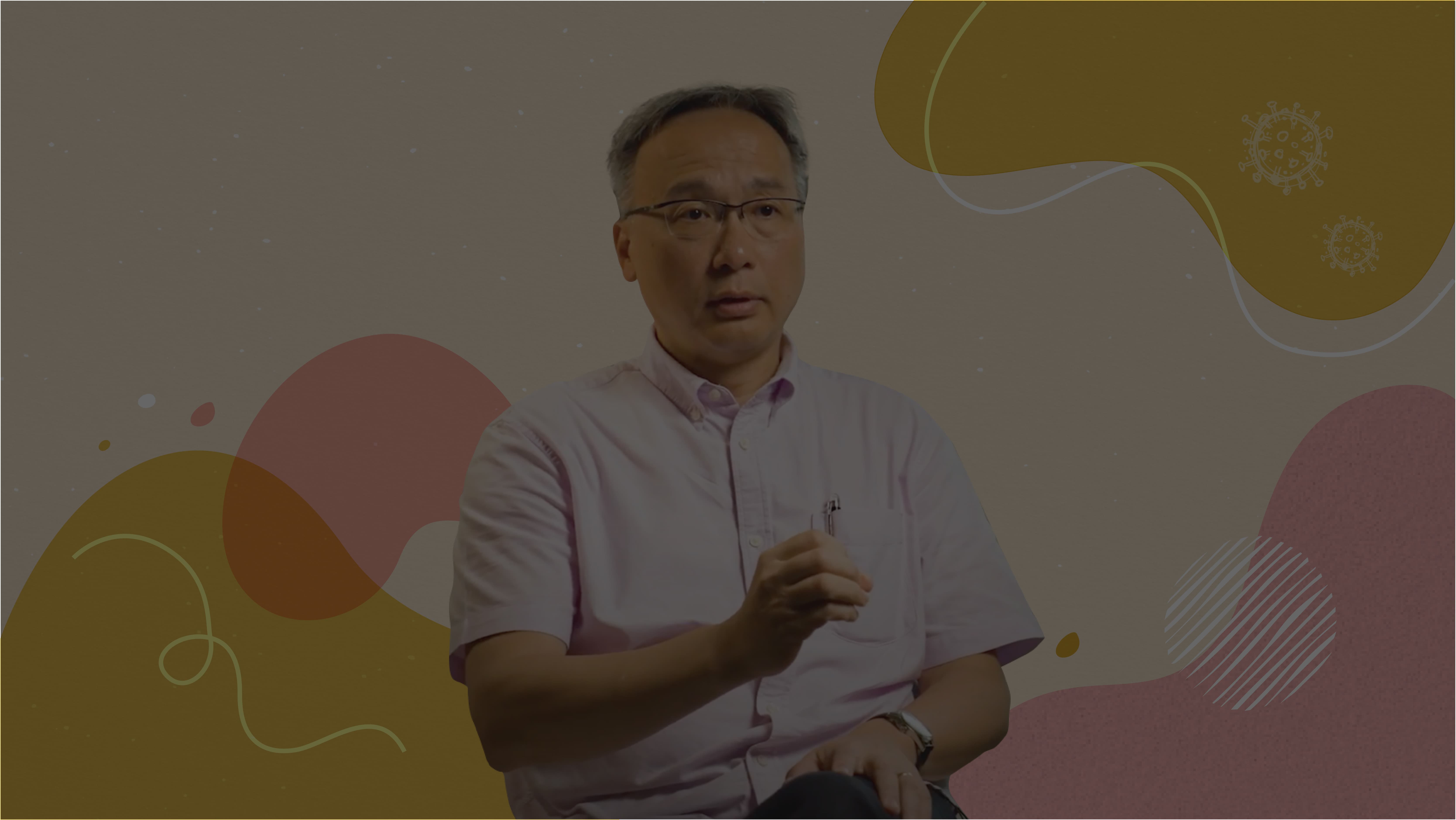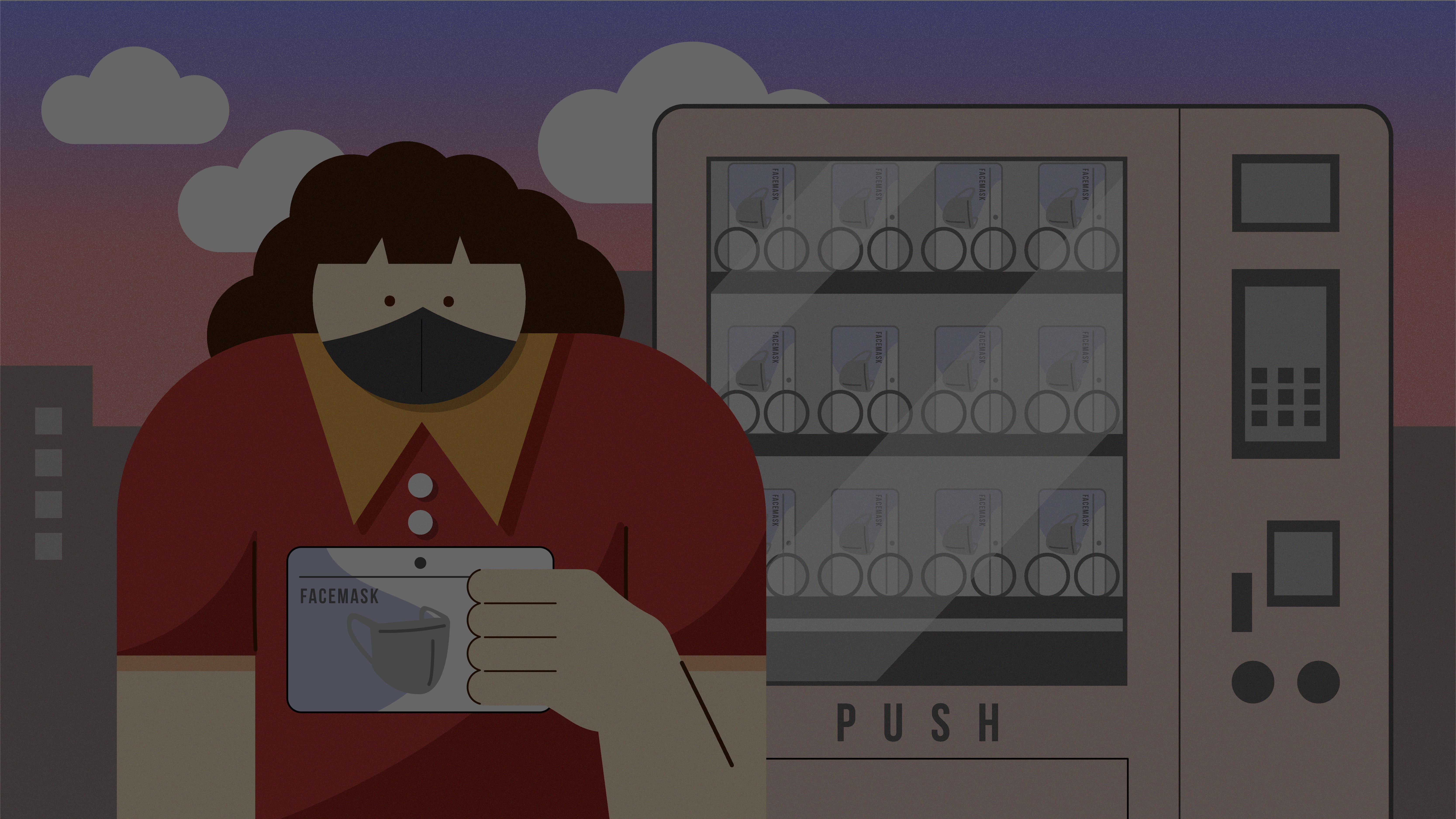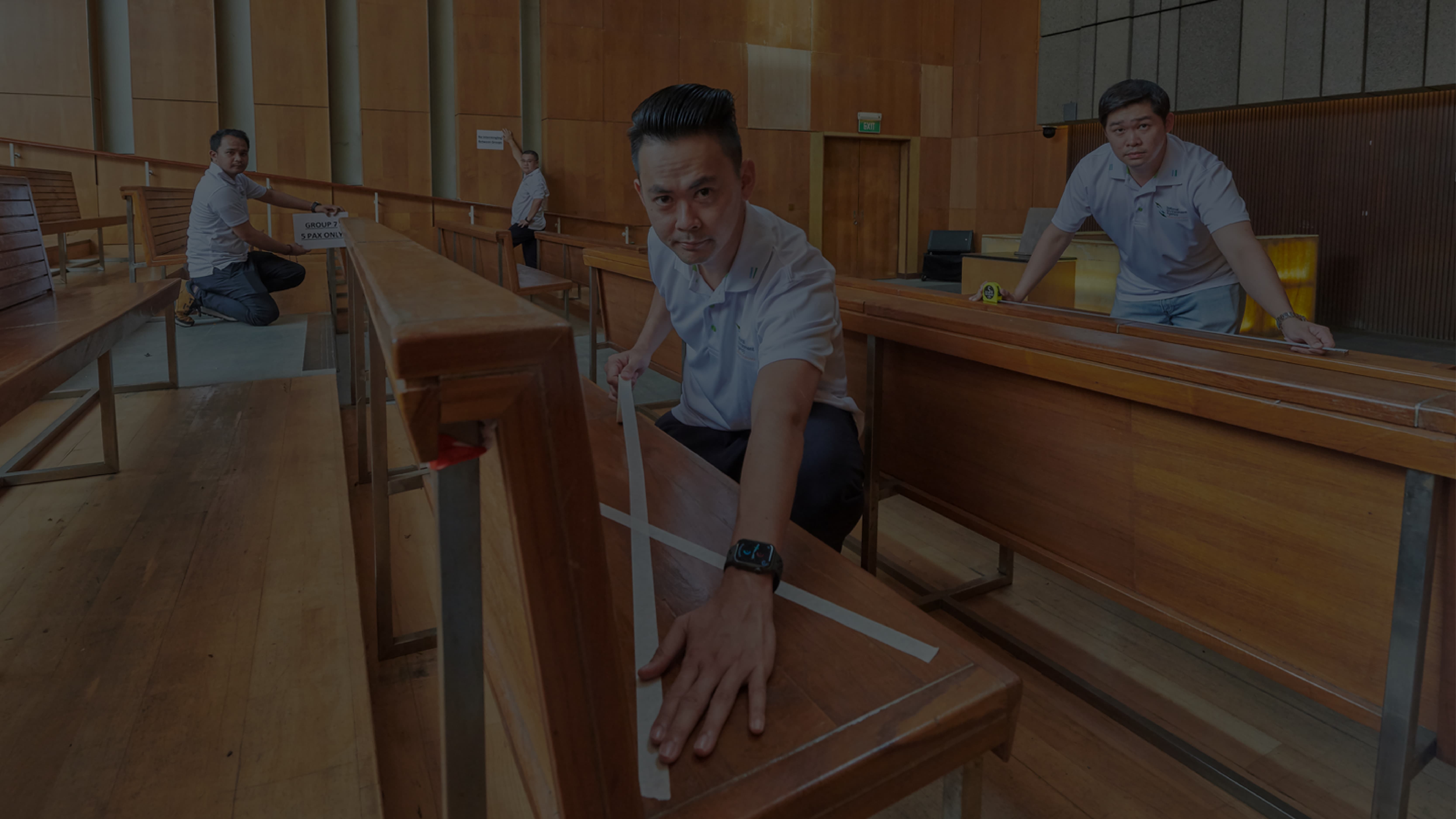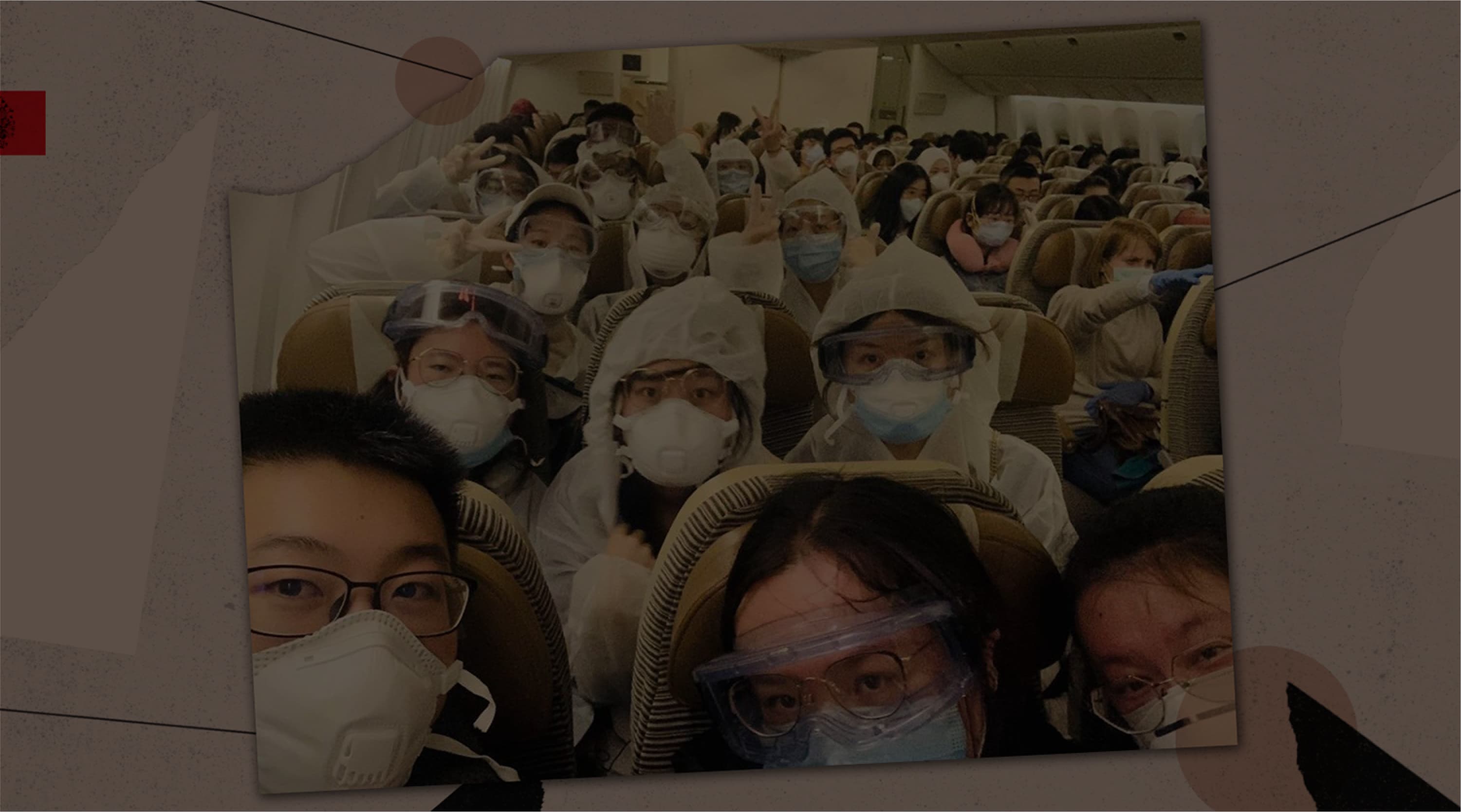Heeding The Call: Extending Help To Those In Need During The Pandemic

While many Singaporeans could retreat to their homes as the pandemic raged on around us, some groups had no such luxury.
For rough sleepers and homeless persons, the Circuit Breaker and other restrictions displaced them from their usual sleeping spots in the community. Sabrina Lee, a Senior Executive who joined MSF in May 2020 during the heart of the pandemic, explained: “Before the pandemic hit, homelessness was already a complex issue. COVID-19 exacerbated its causes and the vulnerability of individuals who continue to sleep rough.”
Some had no safe place indoors to return to because of social and familial tensions, while others could not return to their homes in neighbouring countries and had no stable shelter.
The lack of housing security saw a five-fold increase in people seeking assistance from MSF’s Partners Engaging and Empowering Rough Sleepers (PEERS) Network in April 2020 compared to July 2019.
The Network is a collaboration among community partners, social services and public agencies to support rough sleepers through befriending, providing Safe Sound Sleeping Places, and helping them work towards more stable and long-term housing arrangements.
Safe Sound Sleeping Places are overnight interim shelters within community-owned premises. They provide rough sleepers with safe shelter and keep them off the streets, while they seek formal assistance from help agencies or other longer-term shelters.
During the pandemic, existing shelters reached full capacity quickly, but more spaces were needed as safe management measures limited the number of people the shelters could accommodate. This led to an urgent call for more shelter space and the need to quickly raise the capabilities of new partners.
“We facilitated Zoom sessions where we briefed new partners on the need to set up new shelters urgently, while experienced operators shared their know-how in operating a Safe Sound Sleeping Place,” Sabrina shared. For example, Yio Chu Kang Chapel facilitated site visits and video conferences for over 30 organisations that did not have prior shelter experience.
At the same time, existing Safe Sound Sleeping Places adjusted operations in just a few days by increasing capacity, extending operating hours (to 24/7) and providing meals. Five new partners also came forward to run temporary shelters in more than 100 vacant HDB units. They furnished the units, provided daily meals, and referred them to other help services to address their shelter residents’ needs. One partner, New Hope Community Services, also opened a new homeless shelter.

In all, 900 spaces in 45 Safe Sound Sleeping Places were made available to rough sleepers during the Circuit Breaker, up from 100 spaces across seven shelters pre-COVID. Since April 2020, some 1,300 rough sleepers have benefited from Safe Sound Sleeping Places and over 400 have now moved on to more stable housing. The PEERS Network has also grown from 26 partners in 2019 to 57 partners to date.
Beyond providing shelter, the PEERS befrienders distributed care packs, hygiene kits and surgical masks. The MSF also worked with the Ministry of Health (MOH) to offer COVID-19 vaccination slots for rough sleepers through the befriending groups. This included registering their names in the system in advance, so they could immediately book an appointment once the slots were opened to their respective age groups.
Continuing To Support Persons With Disabilities
While this work was going on, MSF officers like Lynette Sim, who is an Assistant Director at SG Enable, and her team were working hard to support persons with disabilities.
Lynette explains that persons with disabilities “suffered a double whammy” during the Circuit Breaker. Disrupted routines and curtailed activities at school and adult disability centres led to severe adjustment issues and the regression of functional abilities.
The struggles for caregivers were also amplified, added Lynette. On top of additional caregiving duties, working and household chores, “they faced the challenge of keeping their children constantly engaged, accessing IT hardware to get onto Zoom lessons and managing tantrums due to disrupted routines”, she shared.
Certain groups had high needs that were too challenging for caregivers to manage at home on a prolonged basis. The disrupted engagement and lack of proper intervention also increased the likelihood of significant functional decline. Thus, Lynette and her team kept some disability facilities operating at a smaller capacity during the Circuit Breaker to offer caregivers respite, for those who still needed access to such services.
To better protect persons with disabilities, many of whom struggled with mask-wearing and safe distancing, the team worked with the MOH, the Health Promotion Board, healthcare providers and disability social service agencies to arrange for vaccinations to be done onsite at disability day activity centres, sheltered workshops and Disability homes by Mobile Vaccination Teams.
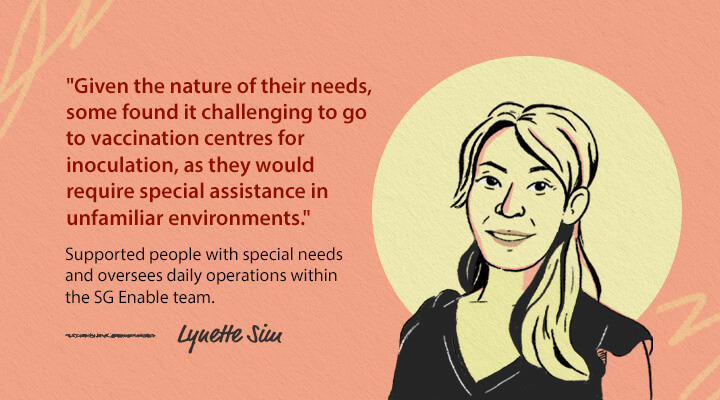
“Given the nature of their needs, some found it challenging to go to vaccination centres for inoculation, as they would require special assistance in unfamiliar environments,” Lynette explained. “The close partnerships nurtured over the years with our social service agencies were instrumental. Everyone worked in unison towards the collective goal of keeping persons with disabilities safe during this pandemic.”
Over four months and through 100 Mobile Vaccination Teams operations, almost 4,000 persons with disabilities and staff at disability facilities were vaccinated in 2021, achieving a vaccination rate of over 85%.
Going Beyond the Norm To Lend a Helping Hand
To soften the economic impact of the pandemic on a broad segment of the population, the MSF extended financial assistance to both lower-income and middle-income households.
The Temporary Relief Fund was implemented within one week, followed rapidly by three other schemes over 10 months: COVID-19 Support Grant, COVID-19 Recovery Grant and The Courage Fund.
Sean Lim, Manager/Team Leader, Social Service Office (SSO) @ Taman Jurong, typically works with ComCare clients from the lower-income groups. During the pandemic, Sean and his team doubled their efforts to provide help to a much broader spectrum of society.
While ComCare benefits those unable to work or have insufficient means of support, he noted that many families who were not eligible for ComCare were still affected by the economic impact of COVID-19. Recognising the urgency of the problem and anxieties of the population, the MSF, with the help of the People’s Association, worked with speed to prepare the temporary application sites for the Temporary Relief Fund.
“We had a very short turnaround time to roll out the Temporary Relief Fund in April 2020. This was soon followed by the COVID-19 Support Grant in the following month. Different divisions in the MSF had to work very quickly with other ministries to develop the policy as well as the operational processes.”

To make it easier for individuals to apply for assistance and to allow the MSF to disburse grants faster, the team developed and adapted IT systems, and transformed frontline and backend processes to support online applications for the new COVID-19 schemes – a departure from the usual in-person applications during the pre-COVID period.
The MSF also introduced new features such as online updates and a PayNow function for greater accessibility, convenience and safety for applicants. To cope with the huge crowds and high number of applications, the MSF also deployed more than 100 temporary staff – including redeployed airline crew – over the past two and a half years to augment frontline operations.
Officers across the 24 SSOs, including Rafhanah Jailani, Manager (Regional Services), SSO @ Boon Lay and Taman Jurong Cluster, also accelerated outreach efforts to families under ComLink, an initiative by the MSF to uplift families with children living in rental housing.
Rafhanah explained that these families may not receive ComCare assistance or support from the Family Service Centres, but may face issues with employment, children’s education, as well as in the areas of financial, health and caregiving.
Her team identified needs and pulled in different community partners who could contribute to meeting these needs. These contributions included donating laptops to facilitate home-based learning, conducting digital literacy workshops, as well as providing food vouchers, employment assistance and financial support for household bills and essentials.
“Families were provided with timely help to ensure that they did not fall further into hardships; they knew that the community was standing alongside them to provide wraparound support,” she said.
The COVID-19 pandemic affected almost all levels of society, even those who were doing well pre-COVID but experienced sudden pay cuts and job loss.
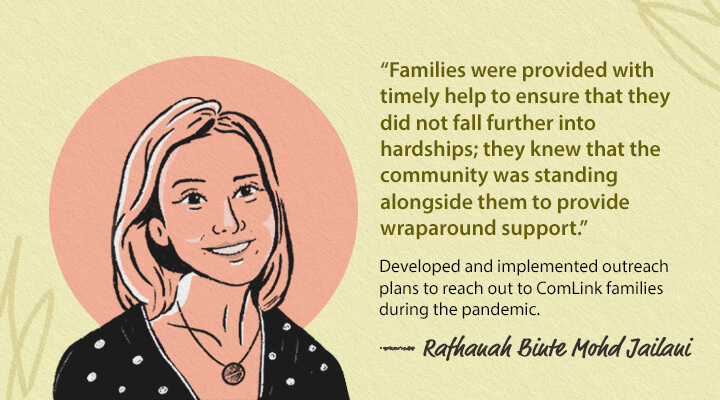
While the social and financial issues have been varied and challenging, Rafhanah is heartened that so many people – her colleagues as well as other community partners and volunteers – readily stepped up to help affected individuals cope with the shocks brought about by the pandemic.
“Uplifting the vulnerable population is at the heart of the work we do. This was a critical period for many, and I am glad to have been able to work with many others to help address the needs of families who might otherwise have fallen through the cracks.”
- POSTED ON
Jul 6, 2022
- TEXT BY
Sheralyn Tay
- PHOTOS BY
Courtesy of the MSF
- ILLUSTRATION BY
Liew Xinyi




